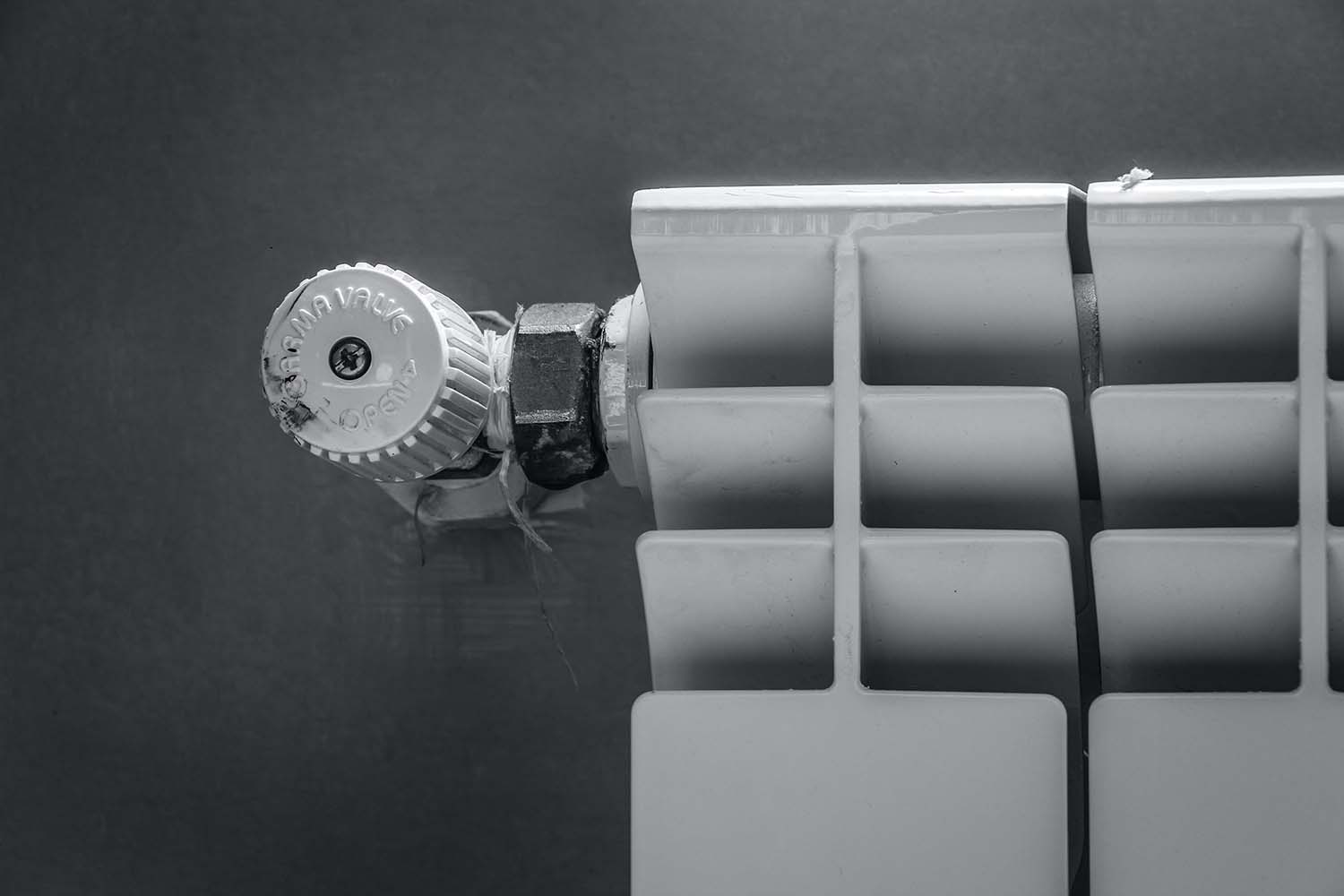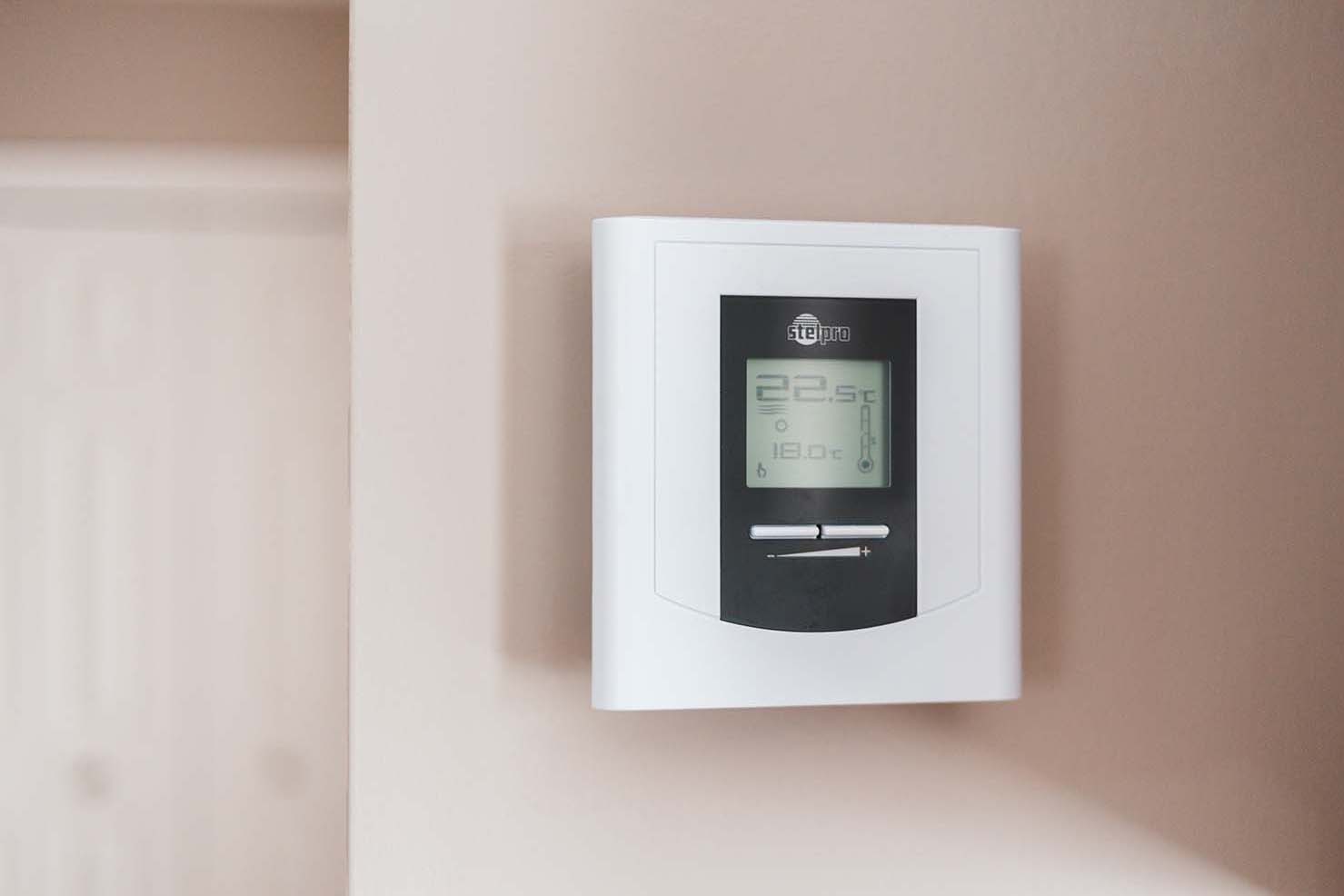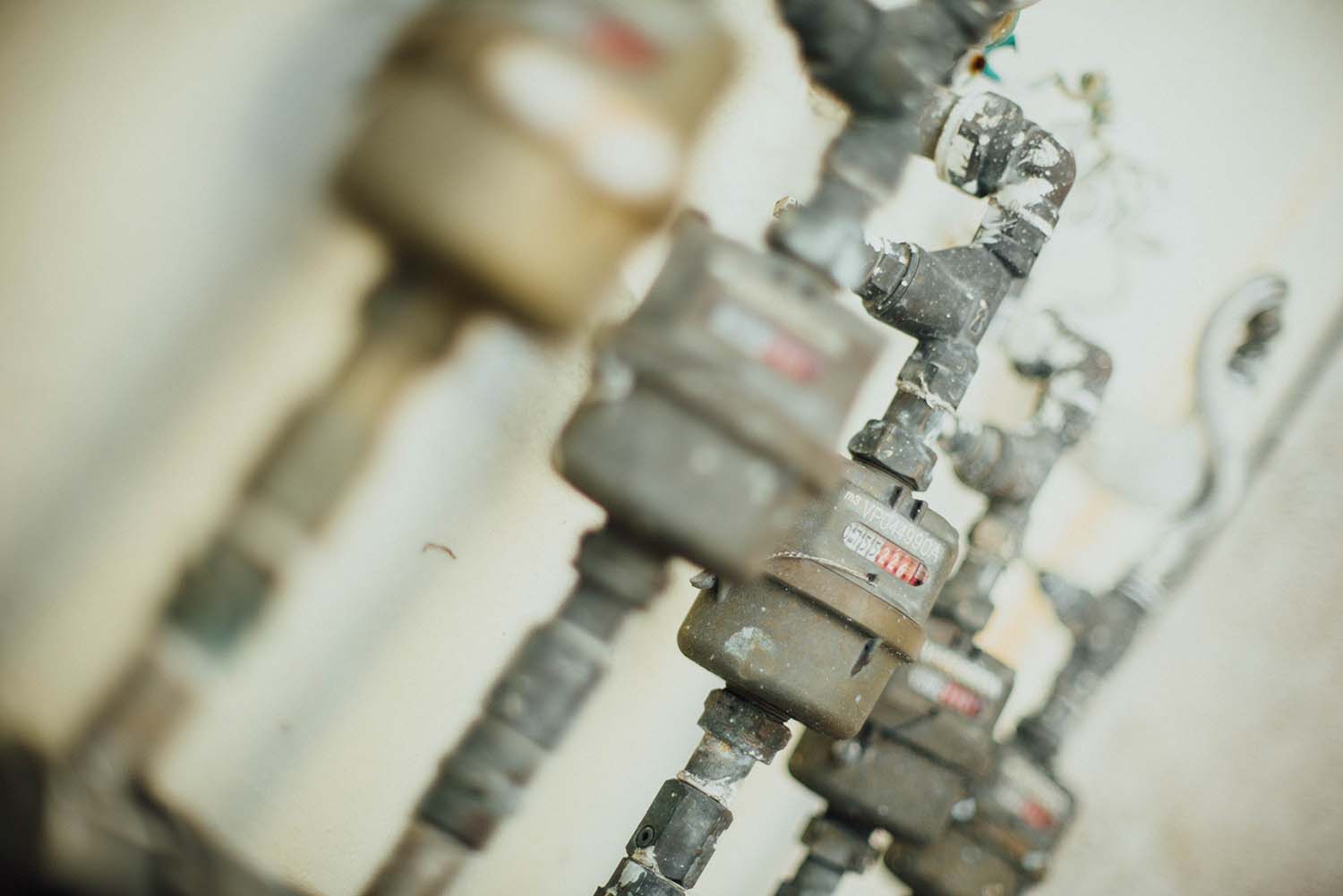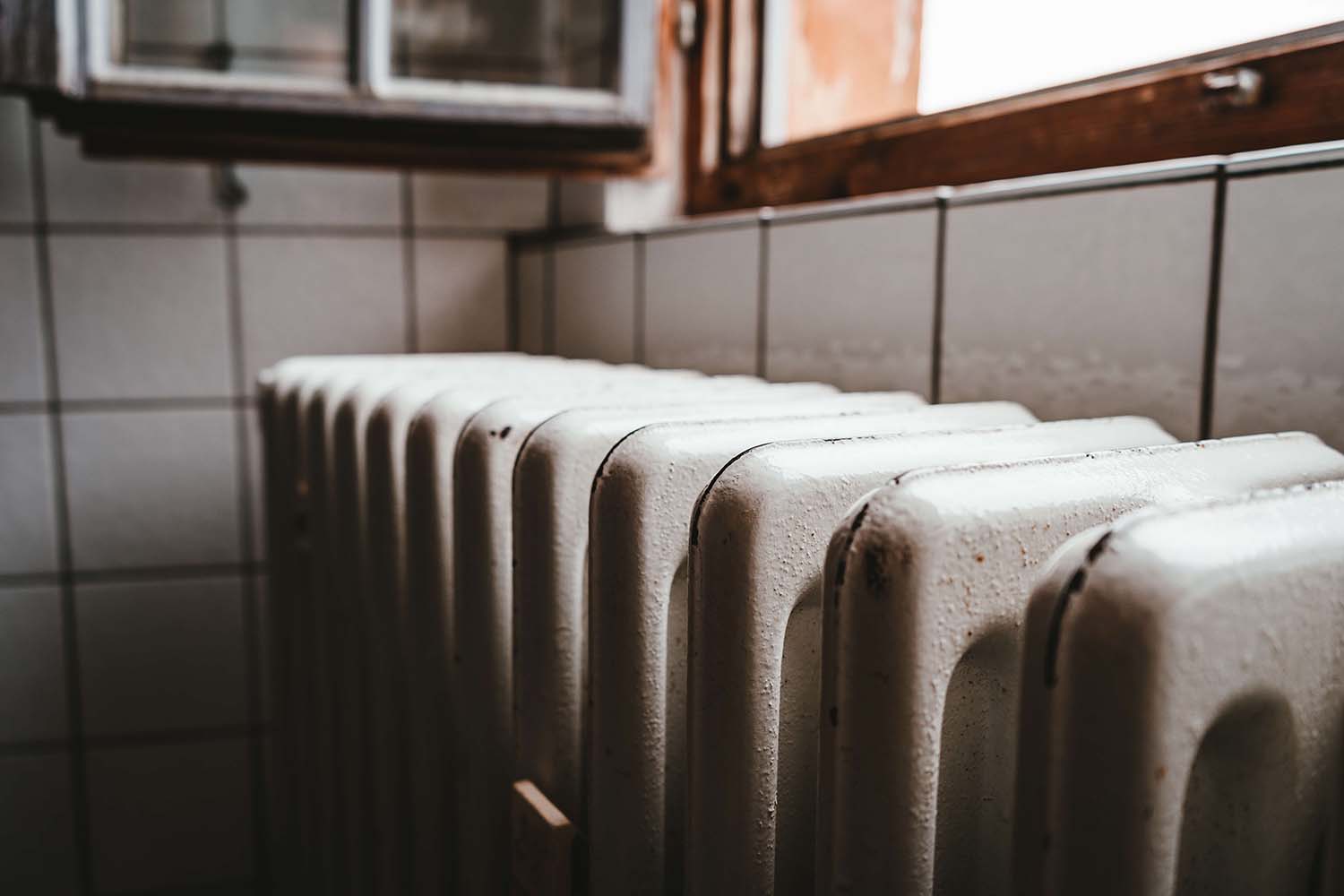Expert Tips to Fix Common Boiler Problems: A boiler going out in the middle of winter or during an unseasonal cold snap can be one of the most irritating things. It means your home is left without heat or hot water at the time you’re likely to need it most. The thing with boilers, though, is that they are unlikely to stop working without giving some warning.
The below warning signs usually mean that you have one or a combination of the following common boiler problems.
Common Boiler Problems
Frozen Condensate Pipe
Newer boilers have something called a condensate pipe. This pipe removes waste gas from the system. However, because of where the pipe is positioned, it runs the risk of freezing over. Your boiler making a lot of noise will be one of the first signs that this has happened. Another is that you won’t have heat in your home. Some models stop working when the condenser pipe freezes to keep the boiler and the home safe.
The good news is that this is a relatively simple fix that you can perform yourself or call in an engineer if you’d prefer not to repair yourself. Apply hot water to the pipe to help it defrost, or wrap a towel soaked in heated water around it. The condensate pipe should return to normal within 30-45 minutes.

Photo, Hessam Nabavi.
Low Or High Boiler Pressure
Your boiler works because of an equilibrium between the air and water contained within. This creates the pressure that moves the hot water to wherever it is needed when it is needed at home. If the pressure is too low, the water won’t be hot. Which means the water won’t get to where it is needed with the force it should.
Low pressure is usually caused by a lowering of the water levels within your boiler. This happens naturally with your boiler. As such, it should not concern you unduly unless your boiler’s pressure gauge regularly reads low or your boiler is above a certain age. A pipe at the back of your boiler called a filling loop allows you to correct the water levels within.
Turn it when the pressure is low and turn it back off once the pressure normalises. If you leave this pipe on, you can cause the opposite problem: too high pressure. The leaks we spoke about earlier could be one sign that the pressure in your boiler is too high. This is because the force of the water forces and loosens valves and creates cracks in pipes.
Normally high pressure is dissipated by your boiler’s safety system. Your boiler will shut off or give you an error message. You can correct this by turning the boiler off and waiting for the pressure to normalise, or check whether the filling loop is closed.
High pressure becomes a severe problem if your boiler’s safety measures aren’t working properly. The pressure could build up, unbeknownst to you, leading to a fire or even an explosion. This is why it’s important to have your boiler examined at least once a year and have someone from the company come in if you notice warning signs like leaks. They may be able to fix the problem. Alternatively, they may recommend that your purchase a new boiler.
No Hot Water/Heat Throughout The House
This is possibly the worst thing that could happen with your boiler. Life being what it is, it will usually happen in the middle of winter.
This is one of the more complex problems with your boiler and could be the result of one or several parts going bad simultaneously. The parts in question are the motorised valves, system diaphragms, and airlocks, which could be faulty or broken. No heat or hot water can also be caused by low pressure.
Out of the above listed, only the low-pressure problem can be handled by you, the homeowner. The others should be left to trained technicians.

Photo, Erik Mclean.
Boiler Not Responding To Thermostat
The thermostat regulates temperature in your home. When you set your thermostat to a certain temperature, your boiler responds by creating enough heat to match that temperature. When it’s reached, the thermostat turns the boiler off. If the air in the room falls below the temperature you want, the thermostat indicates it to the boiler, which turns on and gets the room heated again.
Essentially, your thermostat and boiler are in a relationship, and when things stop working well, there could be a few causes. First of all, check to see whether your thermostat’s batteries need changing. This is the simplest fix.
Other problems may be that your thermostat has been incorrectly placed and maybe near something too hot or something too cold, causing it to malfunction and give incorrect instructions to the boiler. Your thermostat may also be outdated compared with your boiler. Compatibility issues could cause your boiler to switch on and off at inappropriate times. The fix here is to have a more up-to-date thermostat installed.
You can create incompatibility issues between your thermostat and boiler if you set temperature thresholds incorrectly. If you set it too low, your boiler won’t turn on, leaving the room cold. The fix here is to set the thermostat a little higher and see if this will not turn the boiler on.
If you’ve gone fully modern and have a wireless thermostat set up, one cause of problems is that it may not communicate properly with your boiler. This could be because of the wireless signal’s lack of strength.
However, the program controlling the interaction could be a fault with this technology, or the wireless router may not work correctly. You can reset to factory settings to see if this helps with any software issues you have with the wireless thermostat. If the software is not the issue, the problem could lie with the wireless router, which could be bad. The situation should be solved once this is replaced.
You are now set for the winter. Ideally, your boiler, if it is properly maintained, should serve you throughout the cold season. However, if you hear a strange noise or you’re not getting enough heat, you now know some of the causes and some things you can do to fix them.
Carbon Monoxide Leaks
Carbon monoxide is a colourless and odourless gas. It is highly toxic and can kill in the right concentration. A boiler can leak this poison into the rest of your home. Because it is odourless and colourless, this is why it is so important to look for the warning signs spoken above: strange smells, soot on or around the boiler, and yellow instead of blue flames.
The good news is that this one is relatively uncommon out of all the problems you can have with your boiler. Carbon monoxide is a regular by-product of the workings of your boiler, and ordinarily, it escapes to the outside of your house through something called a flue pipe.
This pipe can become blocked, and because the carbon monoxide has nowhere to go, it ends up in your house, where it can become harmful. Symptoms of carbon monoxide poisoning include feeling nauseous, vomiting, dizziness, difficulty breathing, and stomach pain. You may experience symptoms after two hours of exposure.
If you experience this, open all the windows in your home, turn off the boiler and have a repair person come to check it.

Photo, CHUTTERSNAP.
Understanding Boiler Noises
A boiler can make a startling array of noises, each one meaning something different is happening with it. Understand that a boiler can make noises in the course of performing its regular functions. However, hearing the following noises could be a cause of concern:
— Banging
— Gurgling
— Hissing
— Whistling
Banging
The banging sound in a boiler could be the result of something called kettling. Your boiler is supposed to heat water and transfer this heated water to various parts of your house for heat or hot water. Over time, especially if you live in an area with hard water, these pipes experience a limescale build-up.
This causes the water to remain in the pipes for longer than it should, where it boils off and turns to steam. Because the water has essentially turned into air, it causes popping and banging sounds when it moves through the pipes.
This is a relatively simple problem to solve. You can flush your system of the air. You can also clear out the limescale and install a water treatment to ensure no more hard water is going into your system.
When the water vaporises in your boiler pipes like this, it forces it to work harder to heat the same spaces and amounts of water. This is why your bills go up. Another one of the key warning signs that your boiler isn’t working the way it should.
Gurgling
Meanwhile, a gurgling sound means that air has gotten trapped within the boiler’s pipes along with water. This is a sound that will also occur if the condensate pipe has frozen. We’ve already discussed the fix for that. If the problem is not the condensate pipe but air in the pipelines, it can be solved by what is called ‘bleeding’ the air system.
Your boiler should not need to be bled often. If it does, you should have a professional come and take a look at it.
Hissing
If your boiler is hissing, then that is a sign that it is overheating. This noise can be caused by limescale build-up or the accumulation of dirt and rust at the bottom of your boiler’s tank. It may also be caused by too high water pressure within the boiler. The fixes here are to remove the limescale build-up and accumulation of dirt. Turning off the boiler until pressure returns to normal may also be a solution.
Whistling
Lastly, if you hear a whistling sound, this could also be caused by kettling. If kettling isn’t the issue, it may be a sign that something is wrong with your boiler’s pump, and you should have someone come in to look at it.

Photo, Julian Hochgesang.
Warning Signs That Your Boiler Might Stop Working
There are several signs your boiler will give before it goes out on you. Pay attention if you see any of these:
Leaking
Your boiler can leak other liquids besides water. It can leak fuel oil. It can also leak hydronic fluid. These leaks are bad because it signifies that the seals on the pipes that conduct these fluids are faulty. The leaking fluids may already be doing damage to your boiler’s parts or even its electrical system without your knowledge.
Strange Noises
Noises in your boiler can indicate several things. Some of these noises can be quite loud and alarming. Usually, these mean you either have limescale buildup, especially an older boiler, or air trapped in your system.
Boiler Taking A Longer Time To Heat/Water Not As Hot
There could be a number of causes for this, including faulty valves, low pressure, or a thermostat that isn’t working properly.
Your Boiler Emits Odd Scents
This could be indicative of a potentially life-threatening problem. That smell could mean your boiler is emitting carbon monoxide.
The Flame Burns Yellow Instead Of Blue
A yellow flame under your boiler instead of a blue one may signal the same problem as the one above. At this point, your boiler could release dangerous carbon monoxide into the air. Your boiler is not meant to function like this, and the mere fact that it means that something is wrong.
Higher Electricity And Heating Bills
This means your boiler is not performing as efficiently as it could, and it could indicate problems with several different parts of the boiler that need attention. If your boiler is between 15-20 years and has this problem, it may just be time to invest in a new one.
Black Soot On Or Around Boiler
This is another sign that your boiler could produce poisonous carbon monoxide and releasing it into your home. Additionally, it can mean that the burning mechanism in your boiler could be faulty as well.








